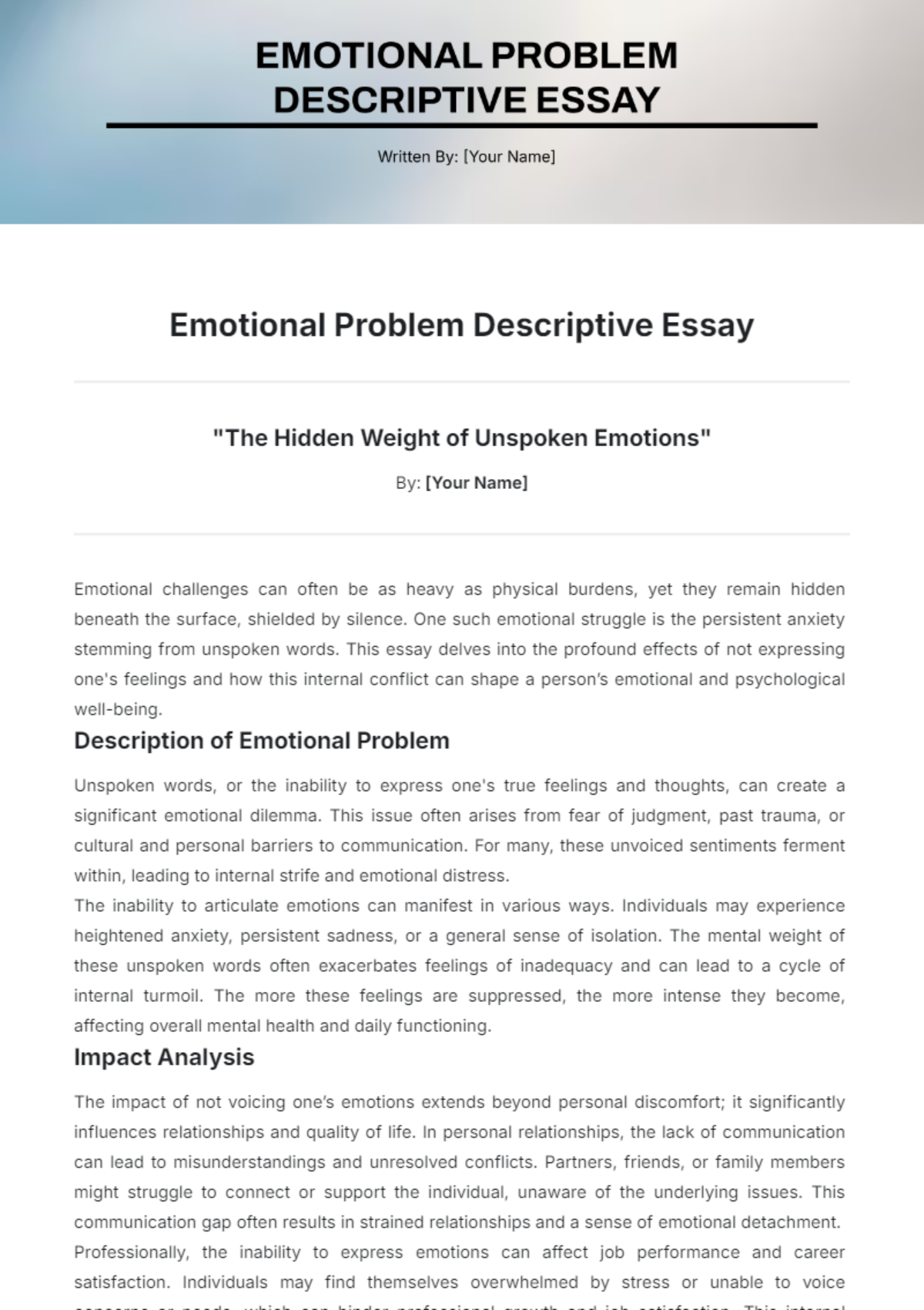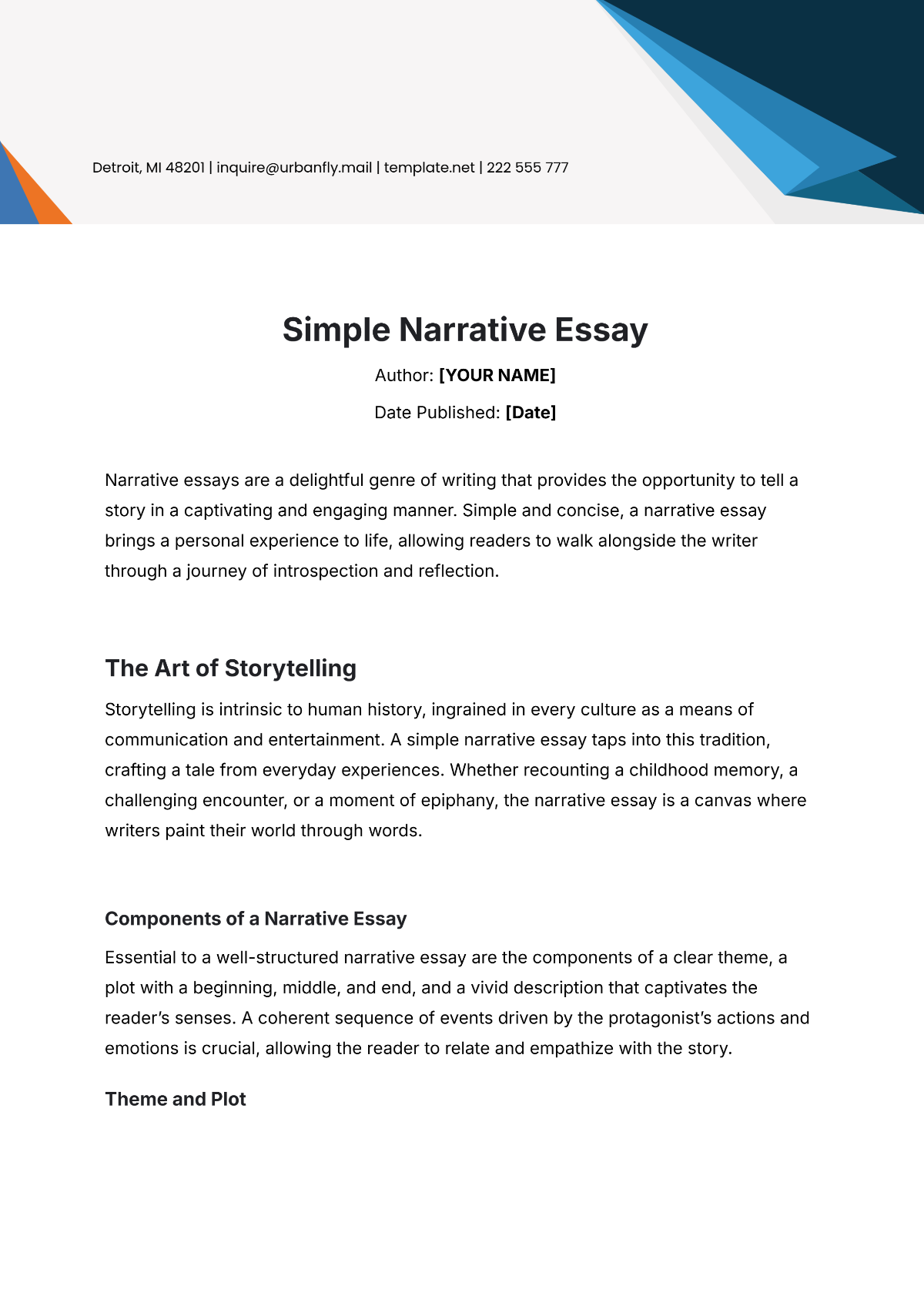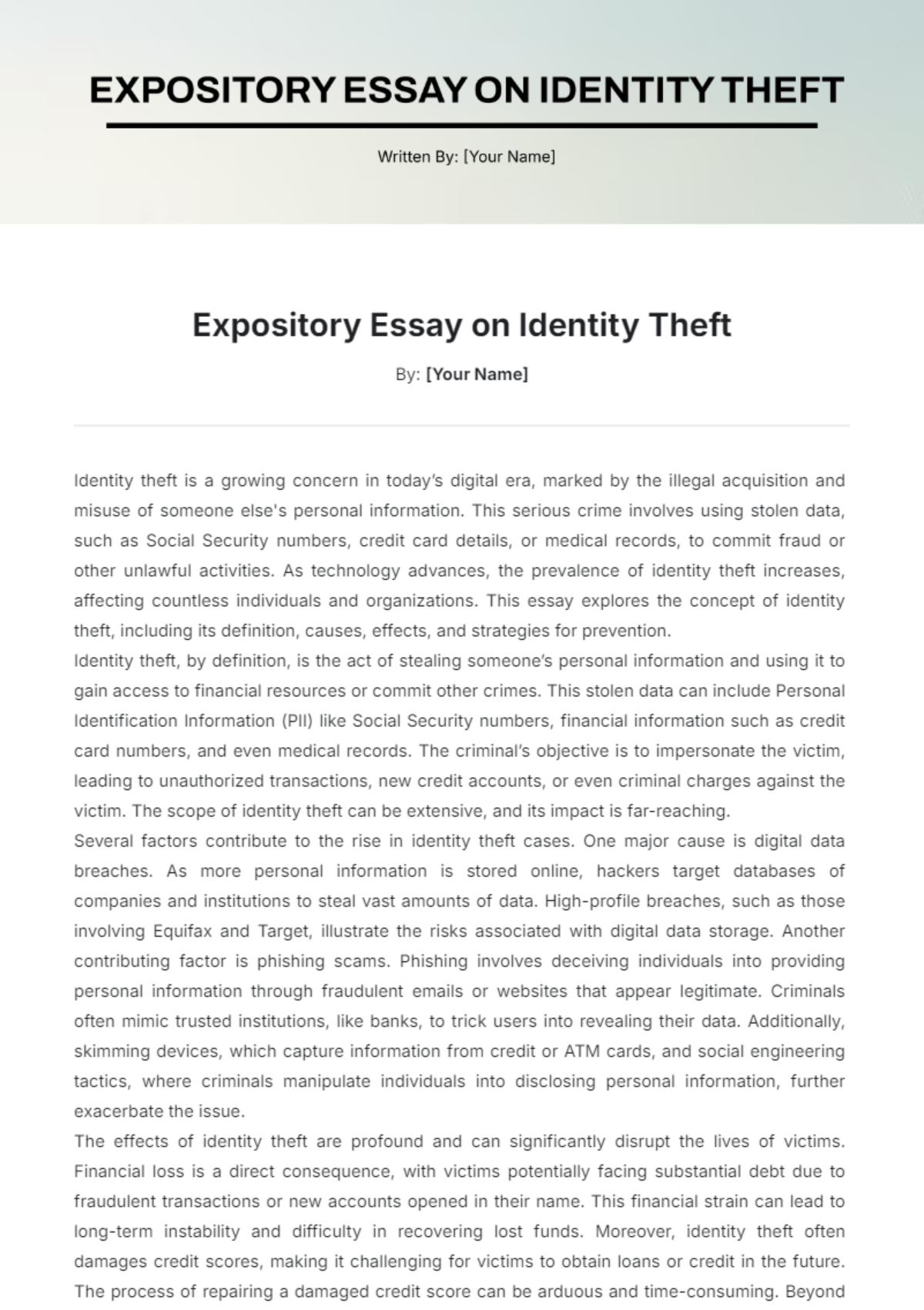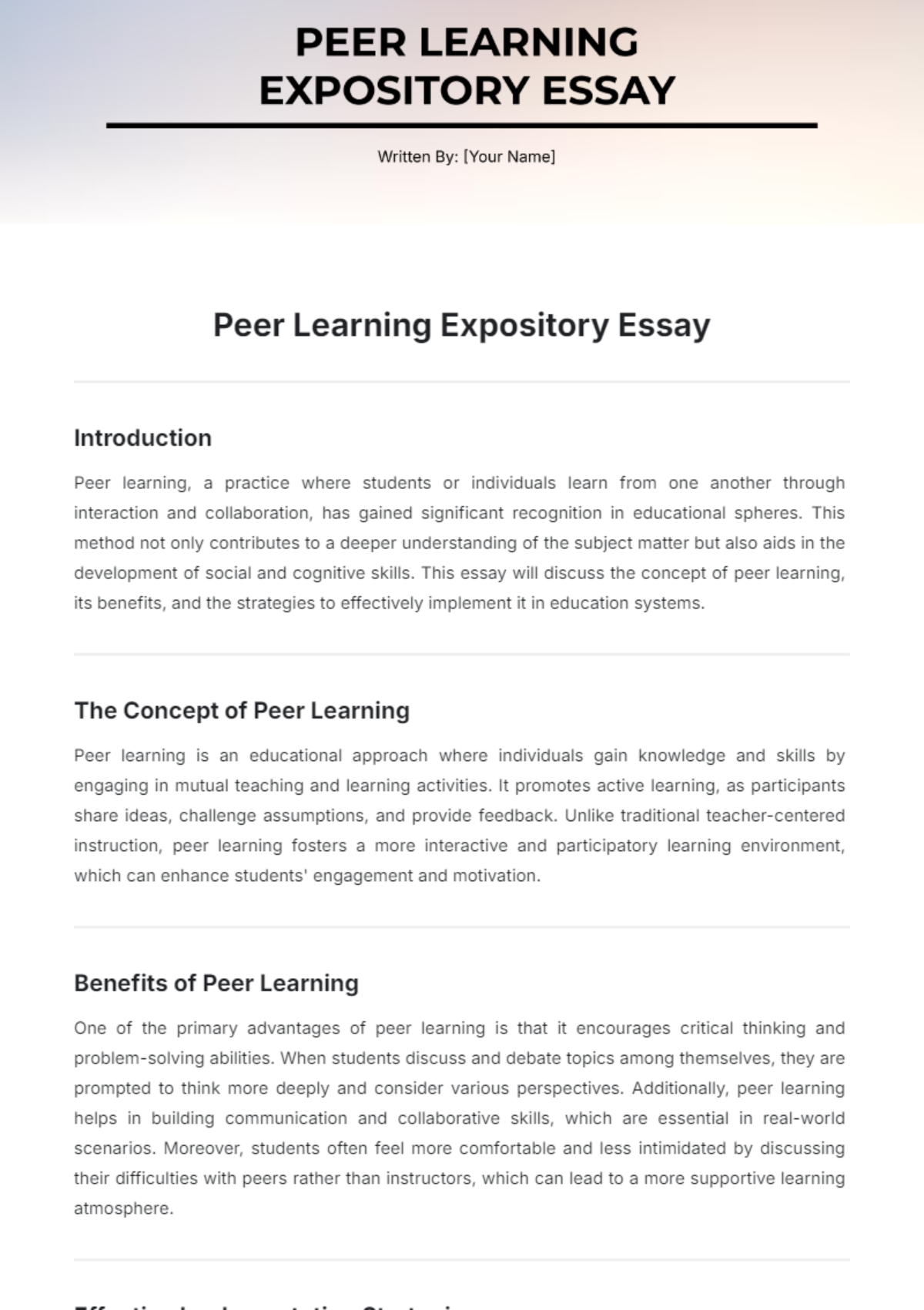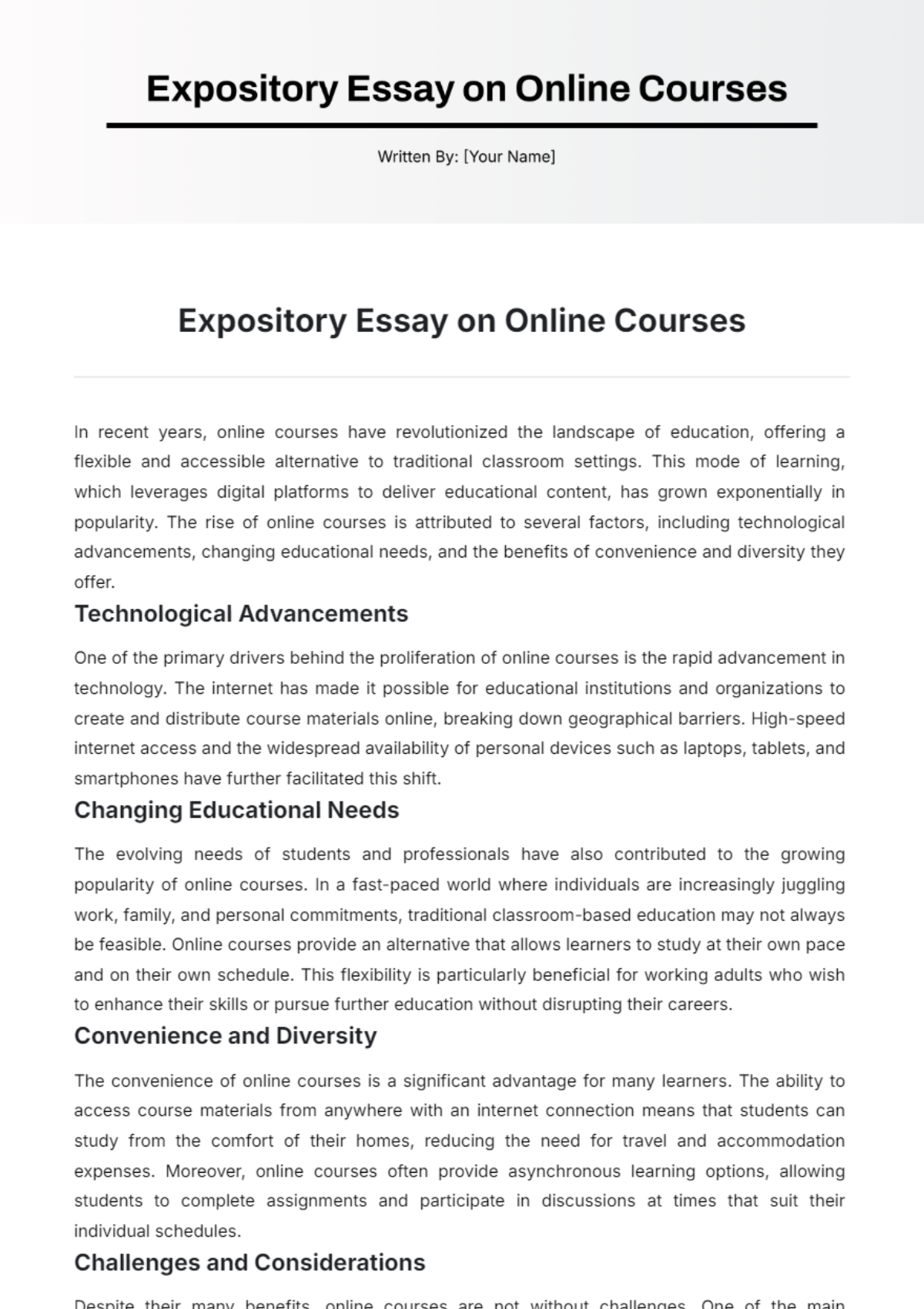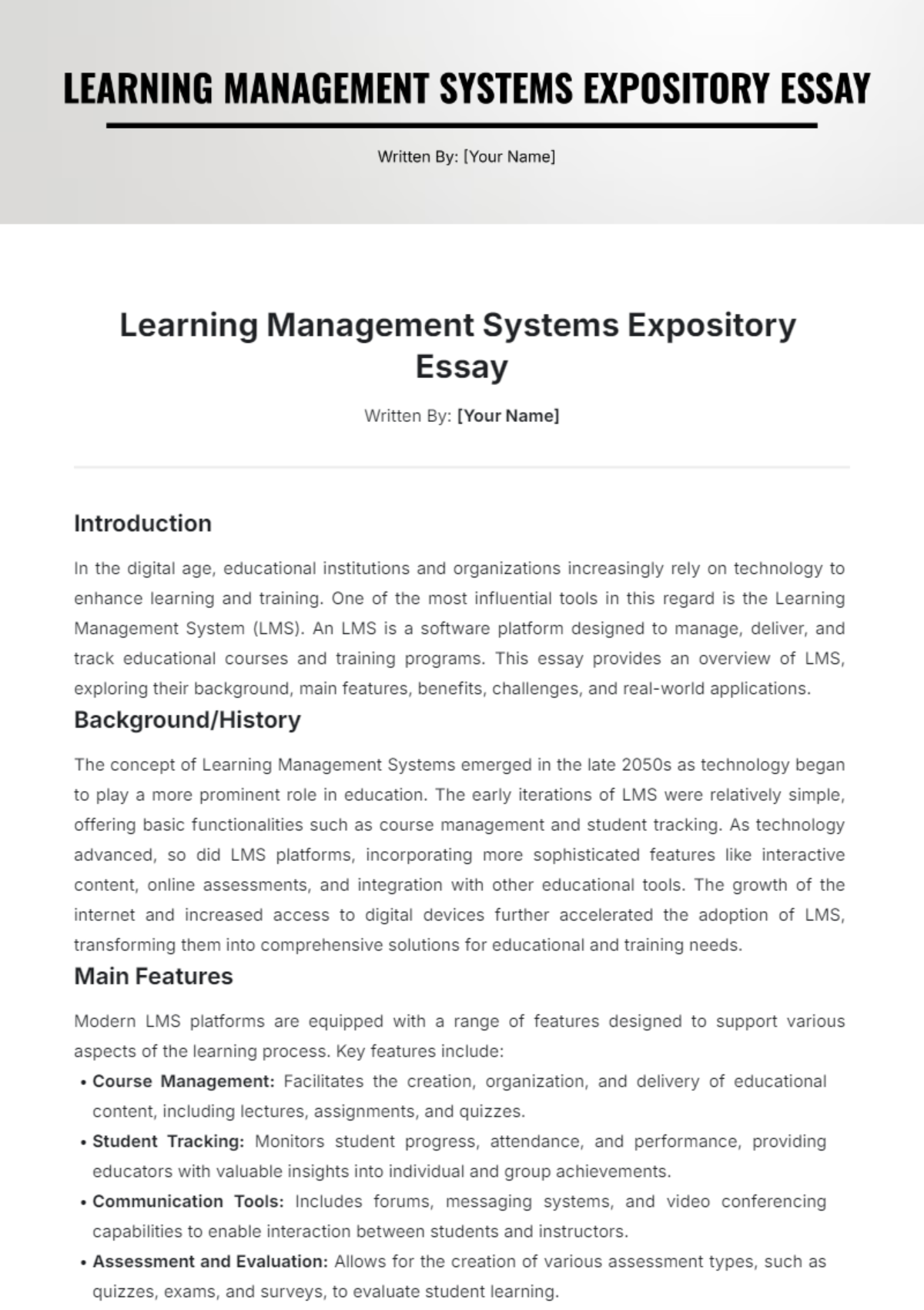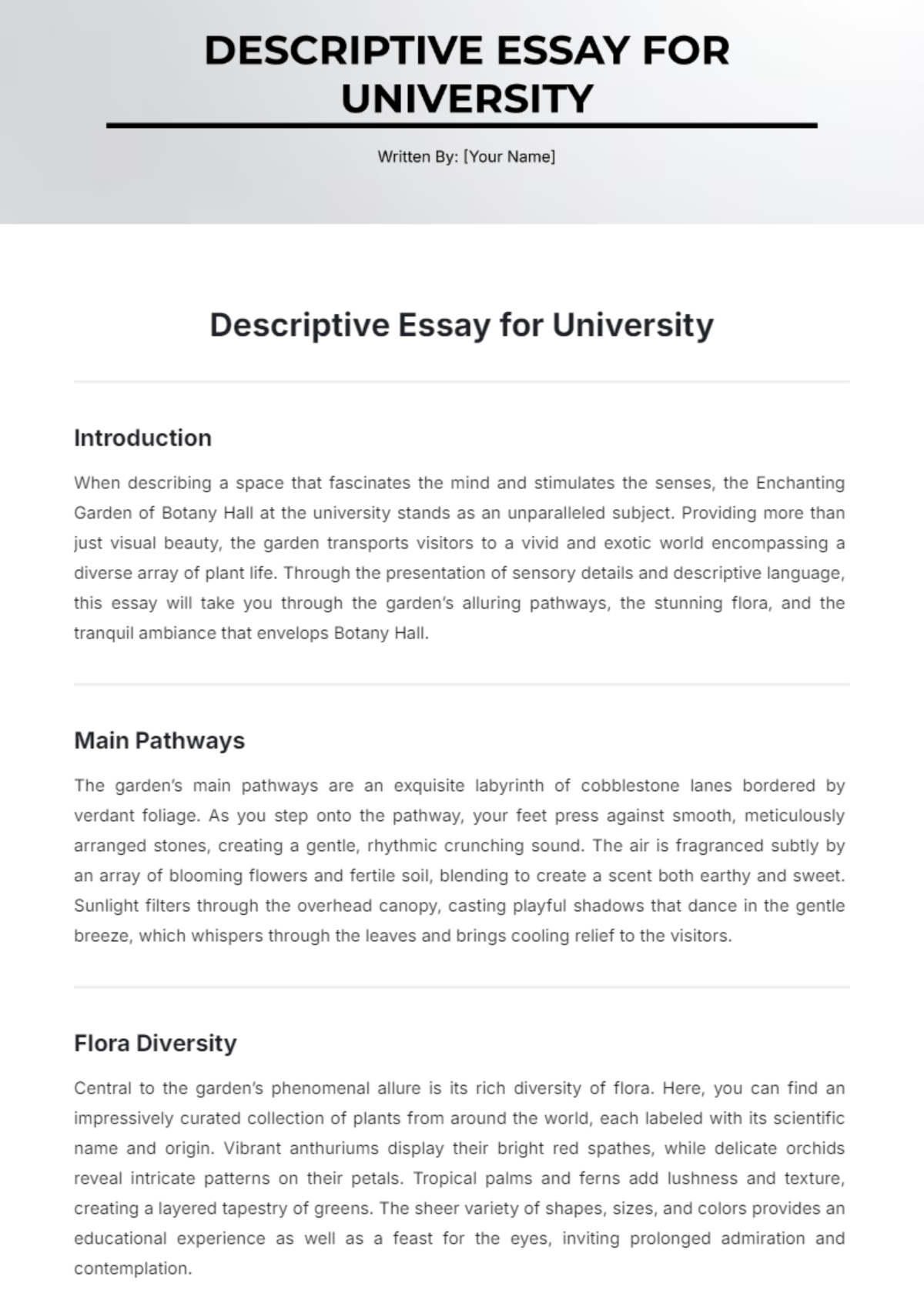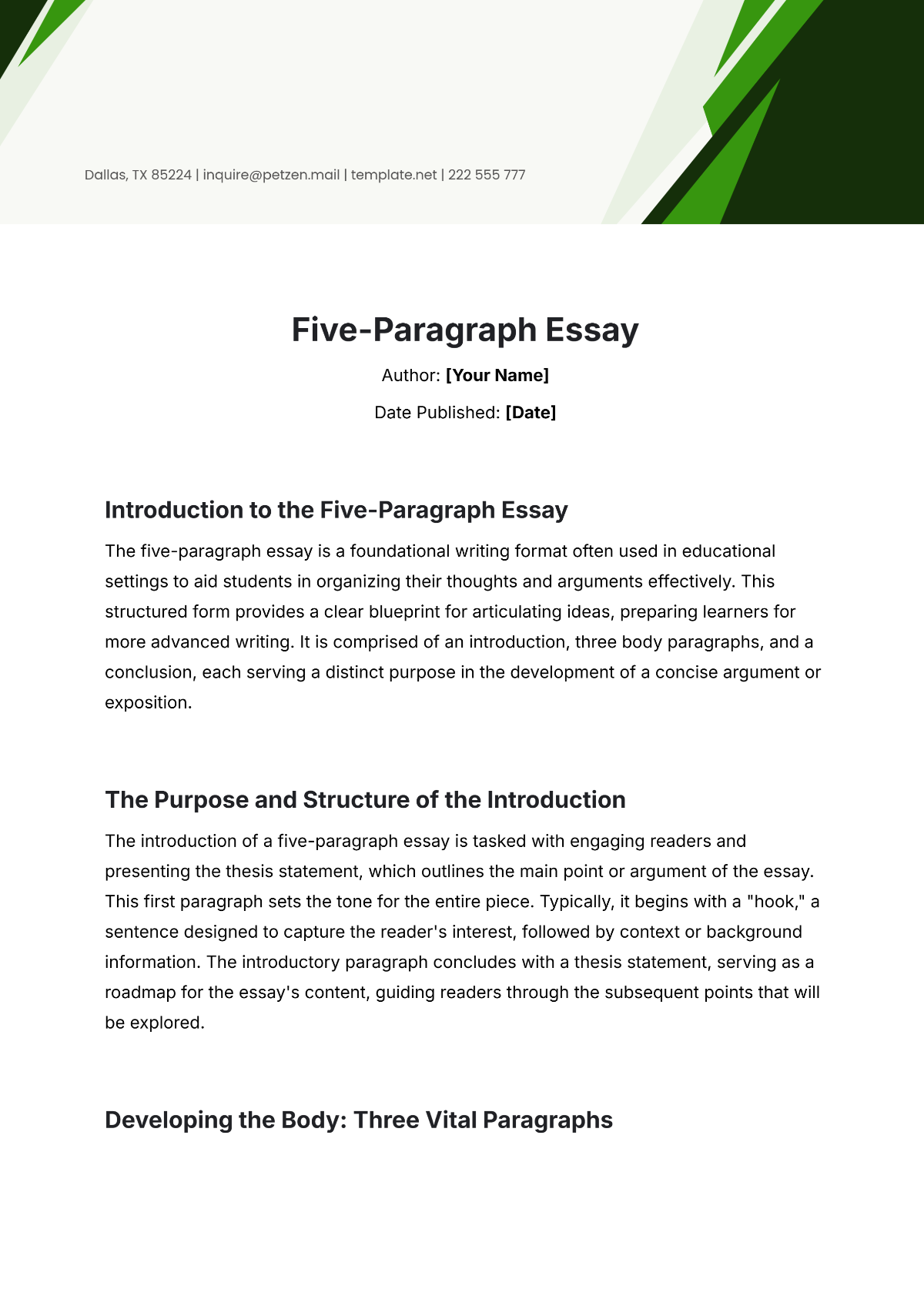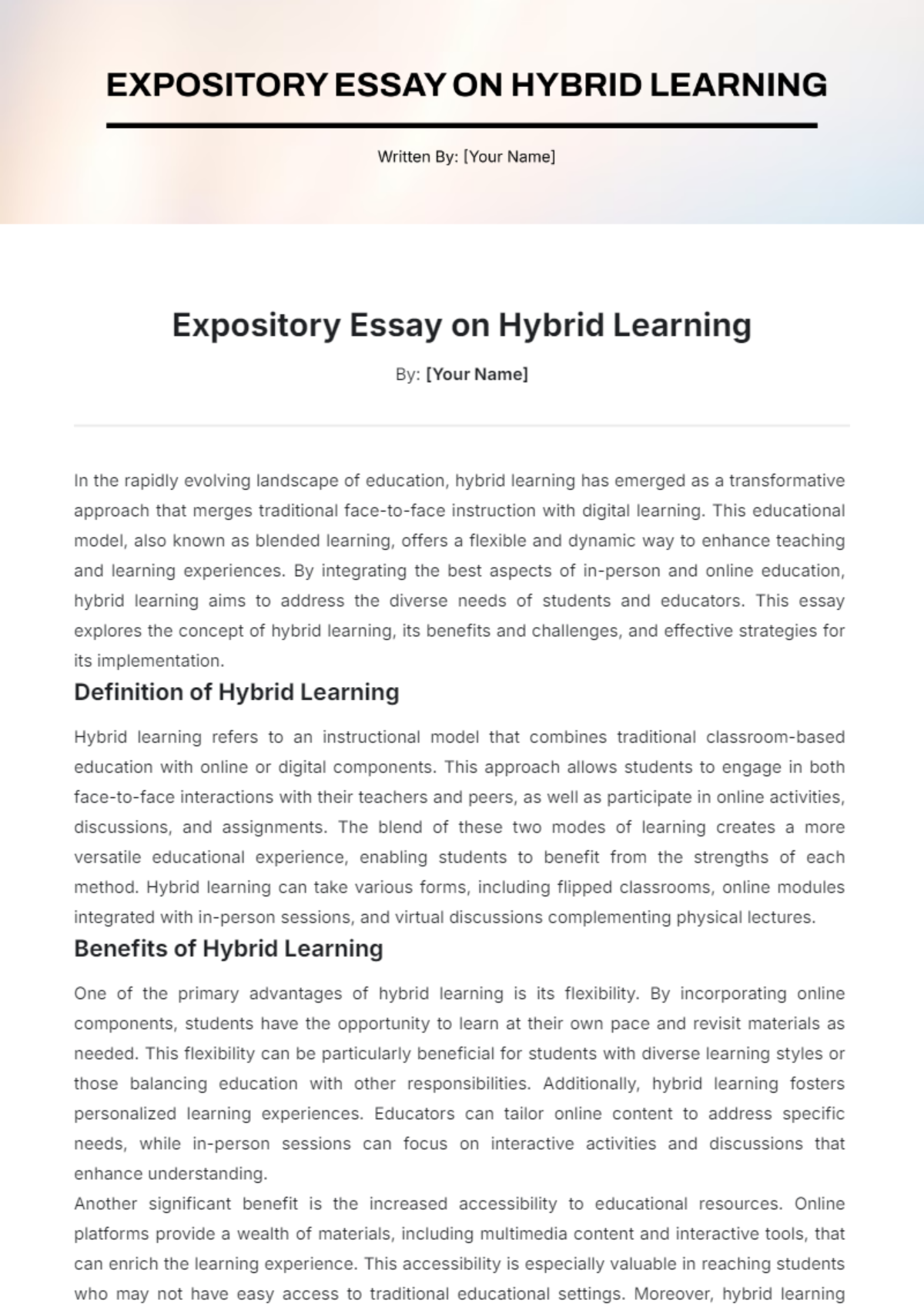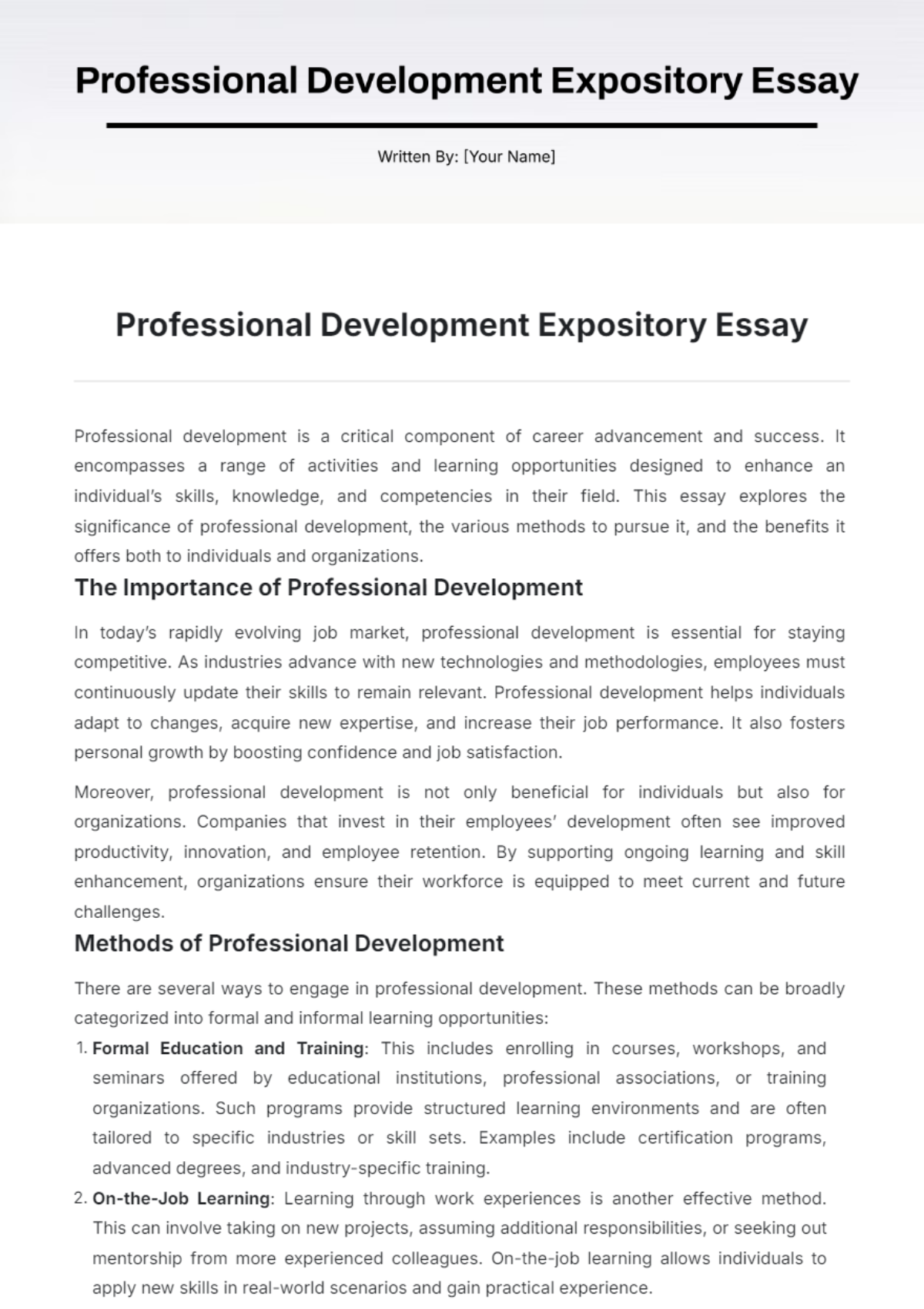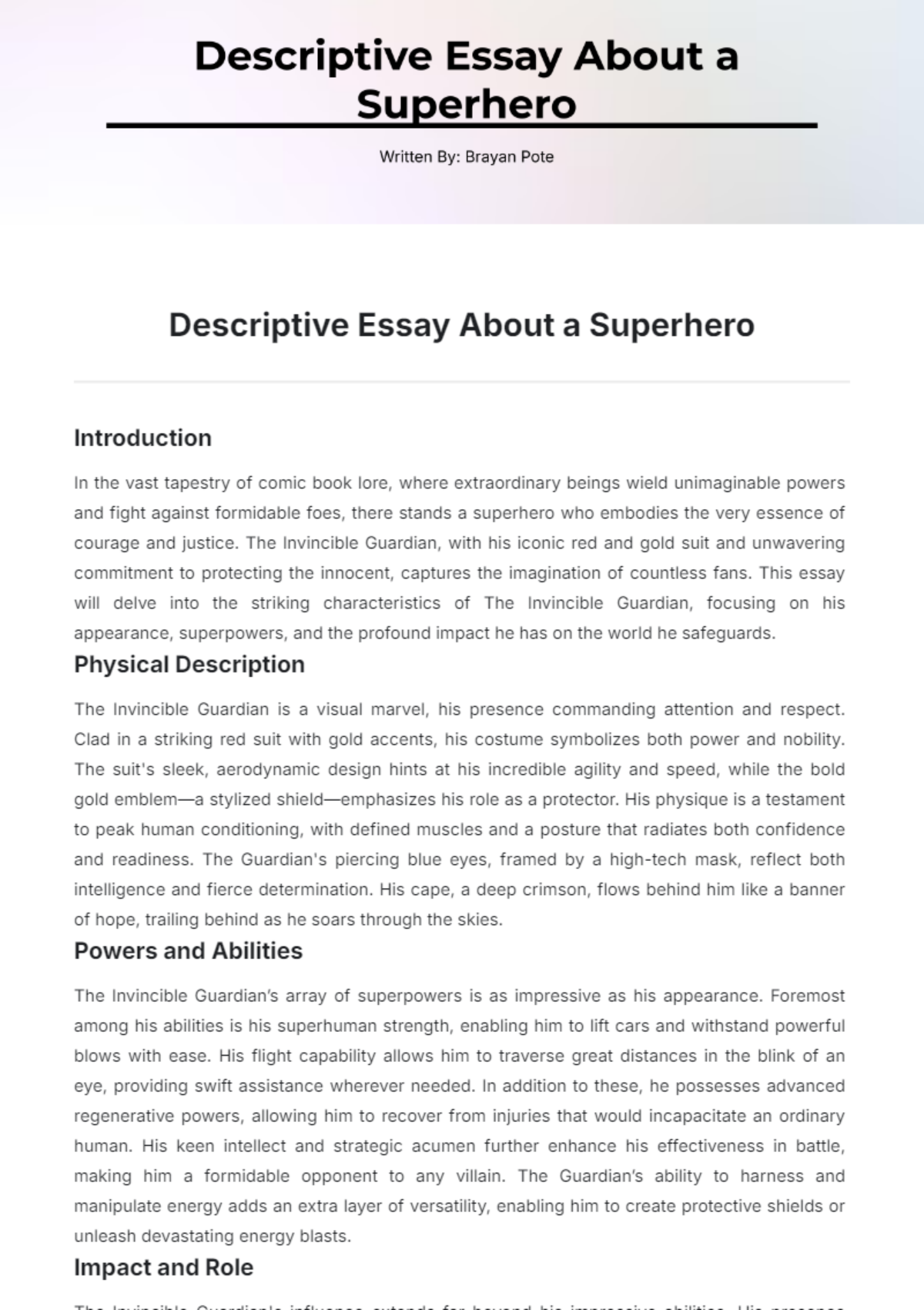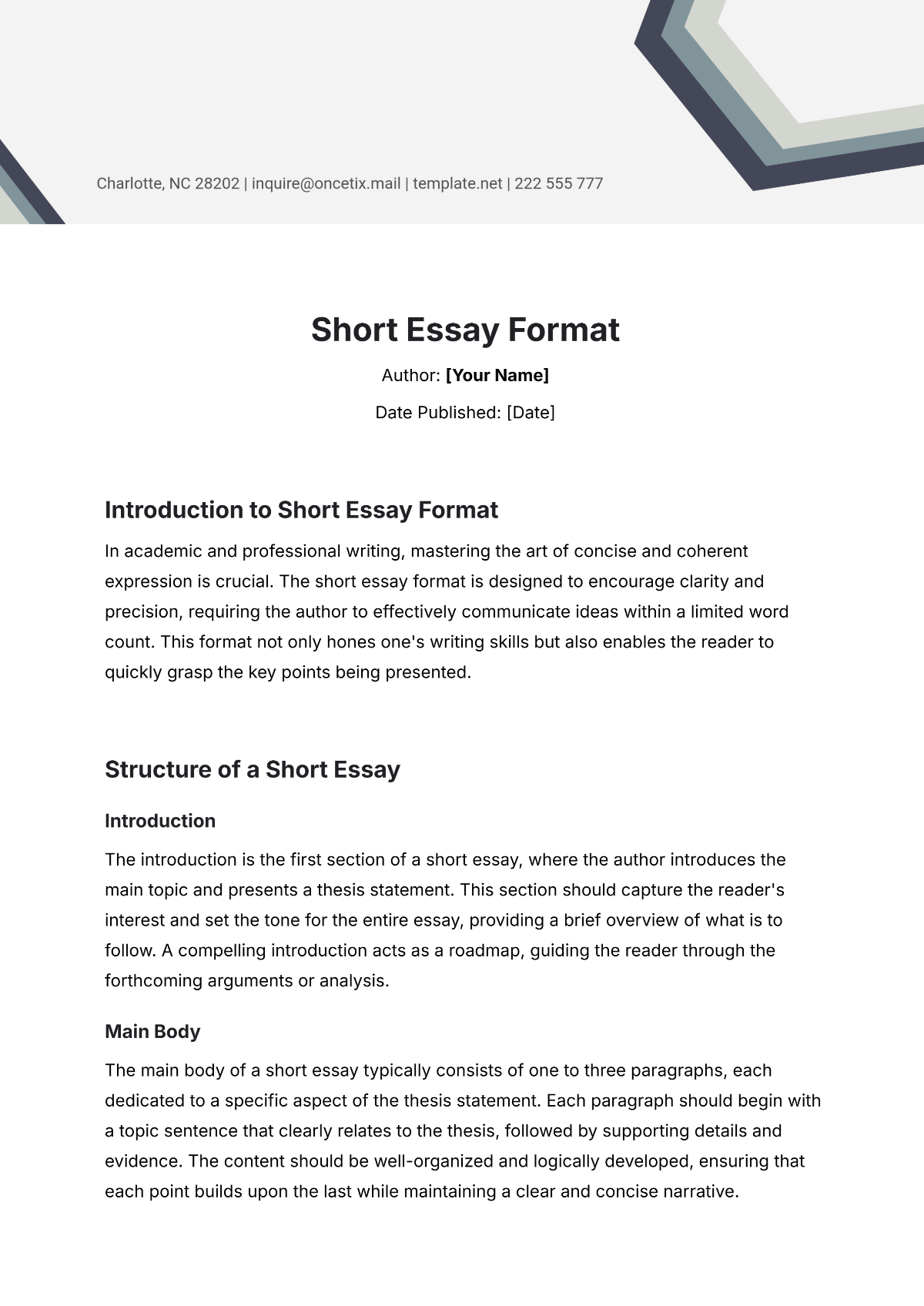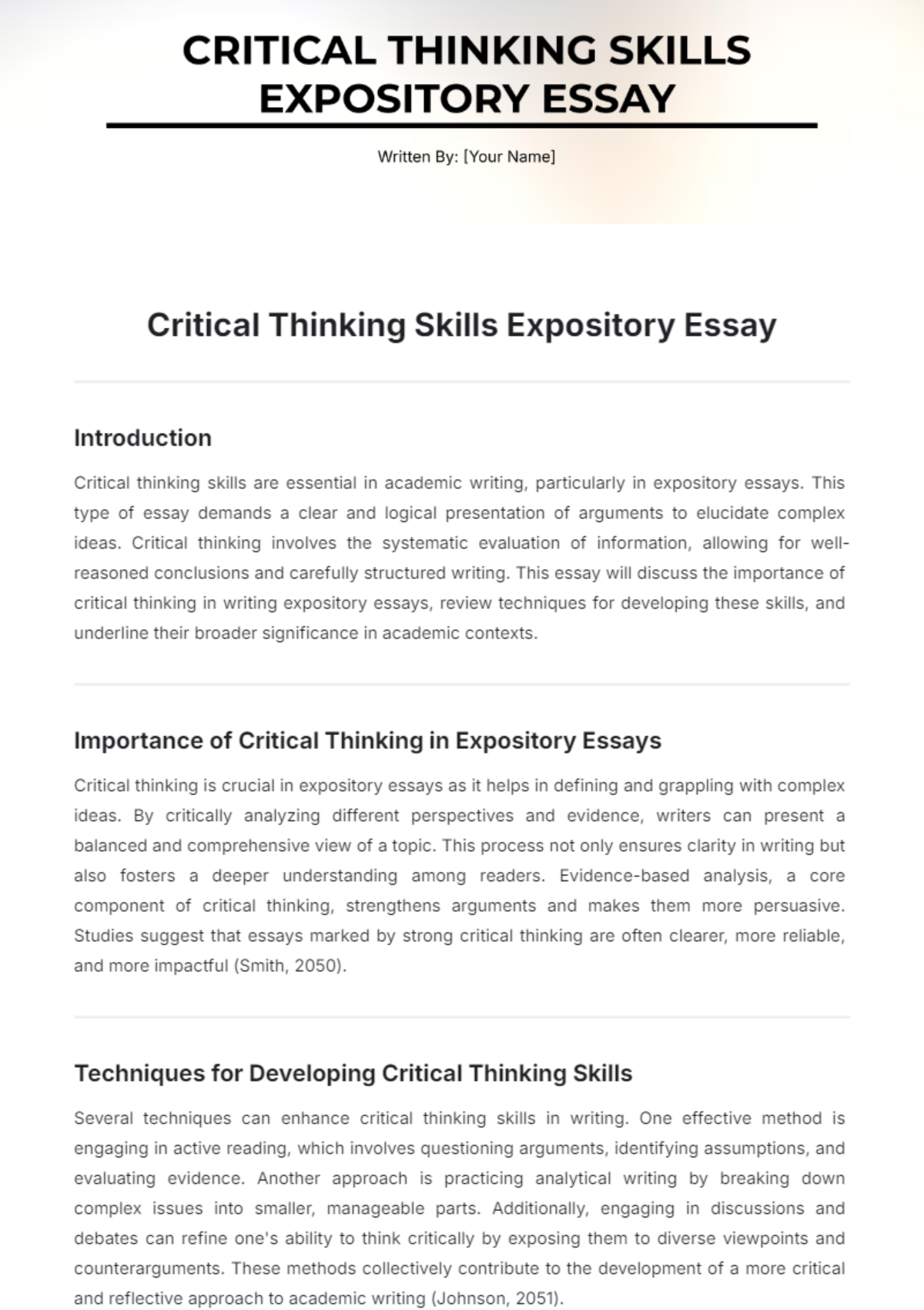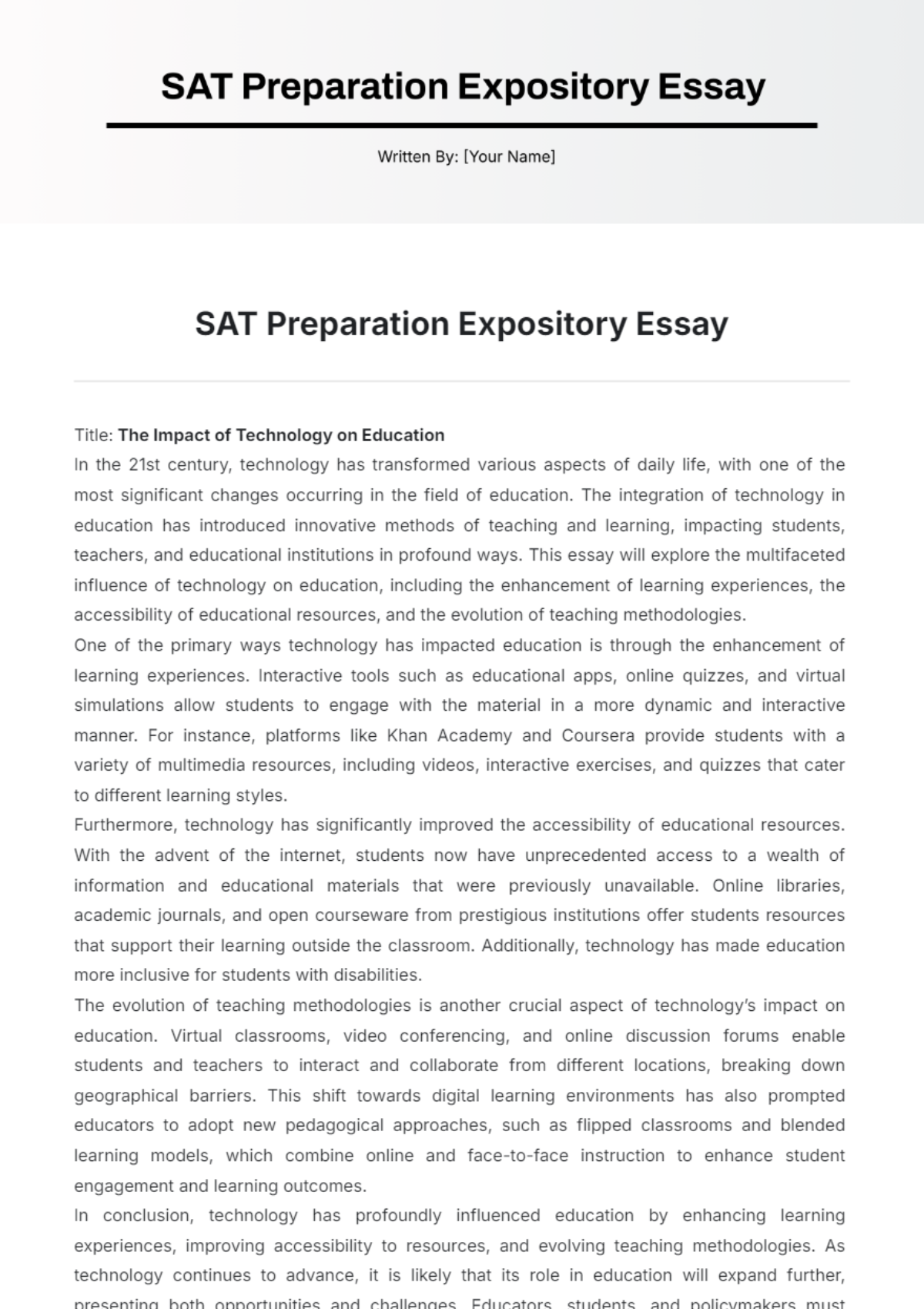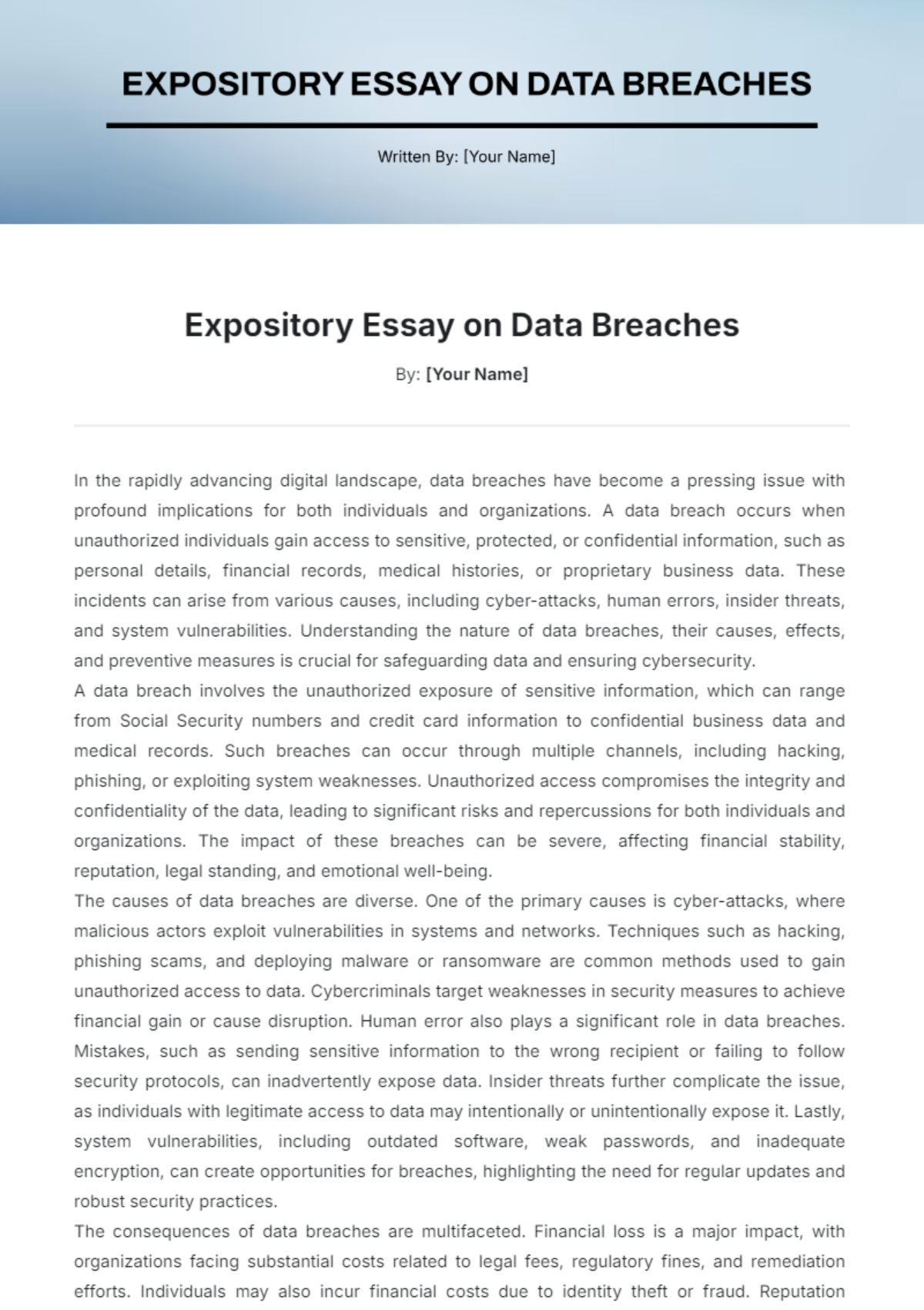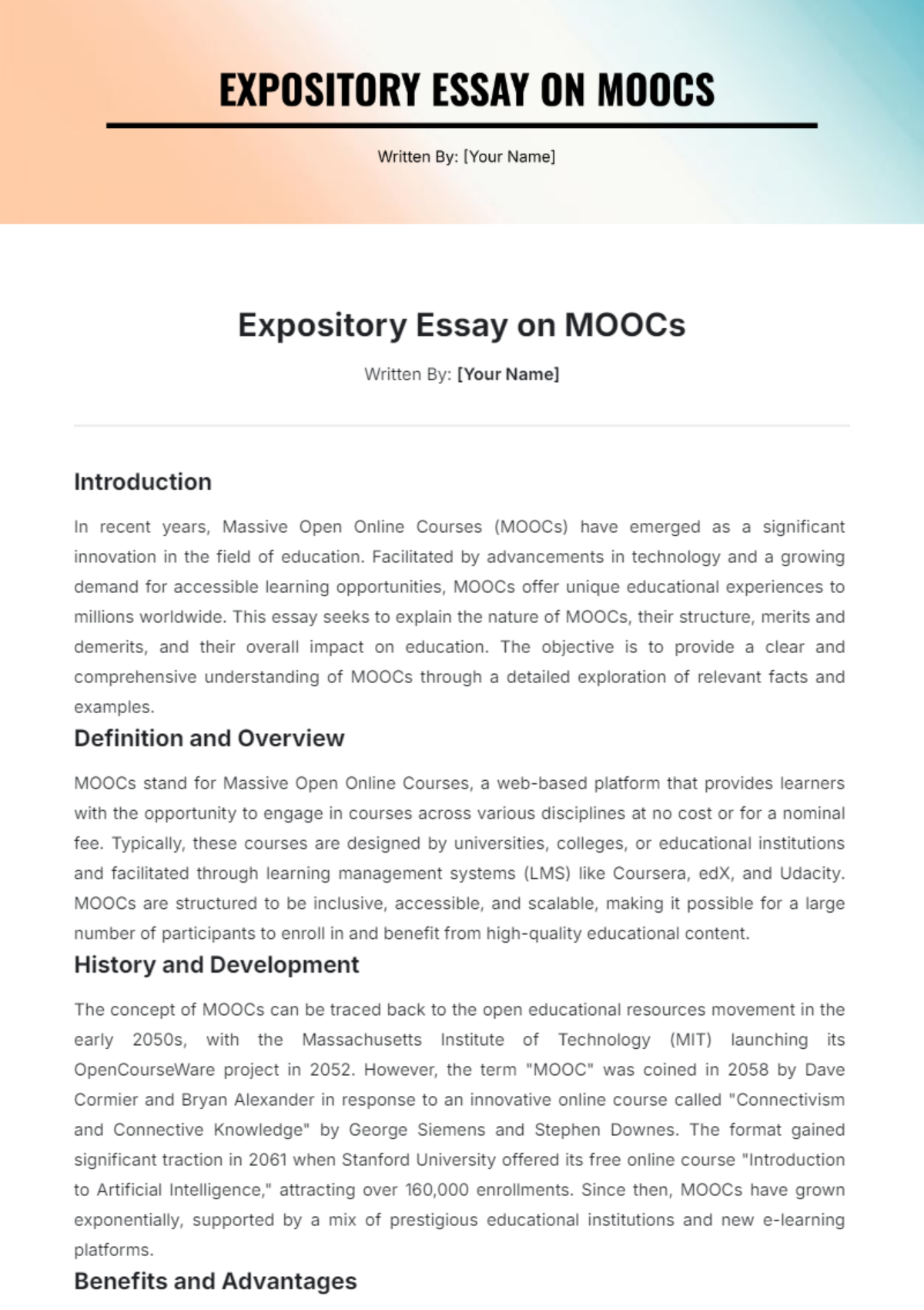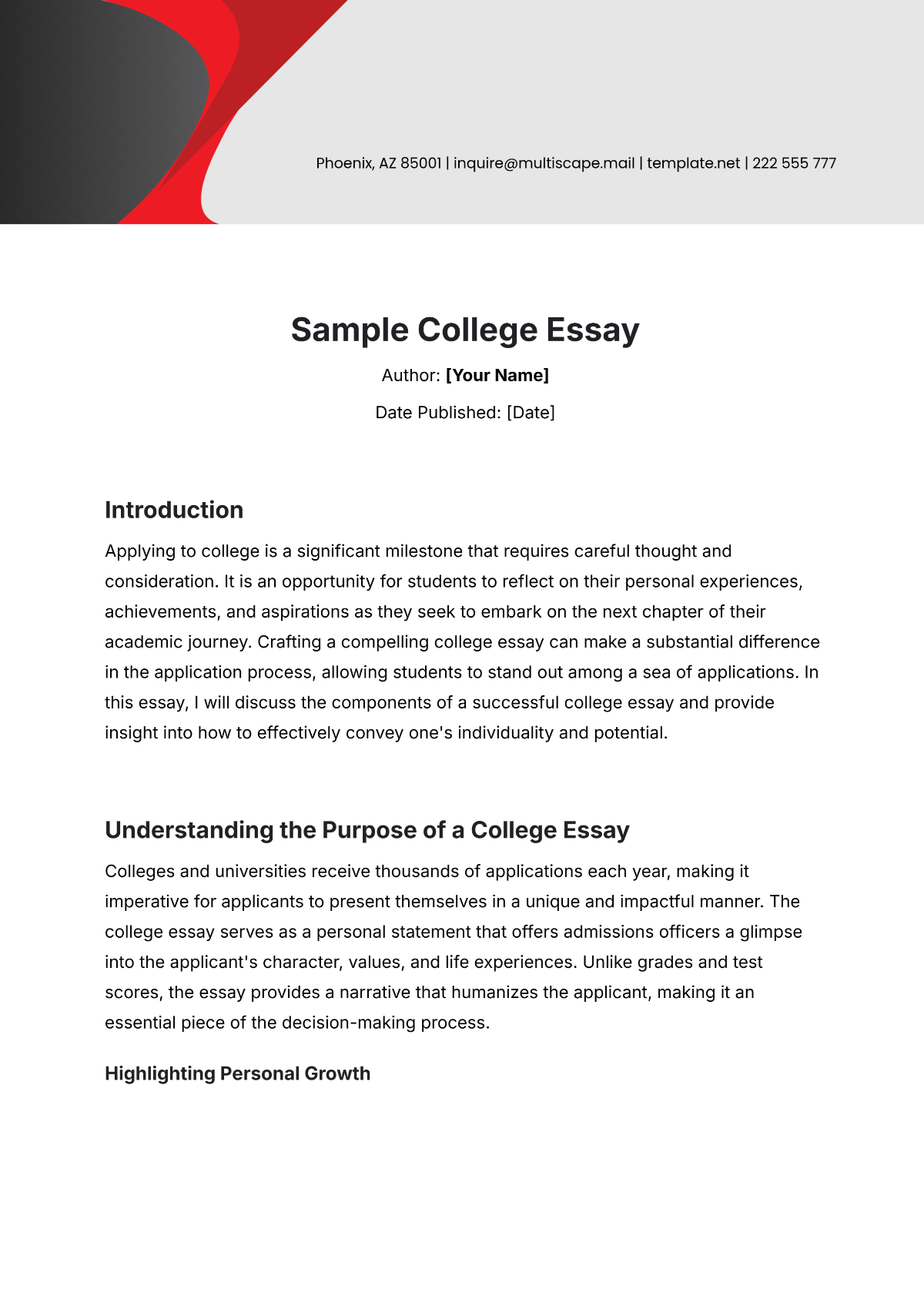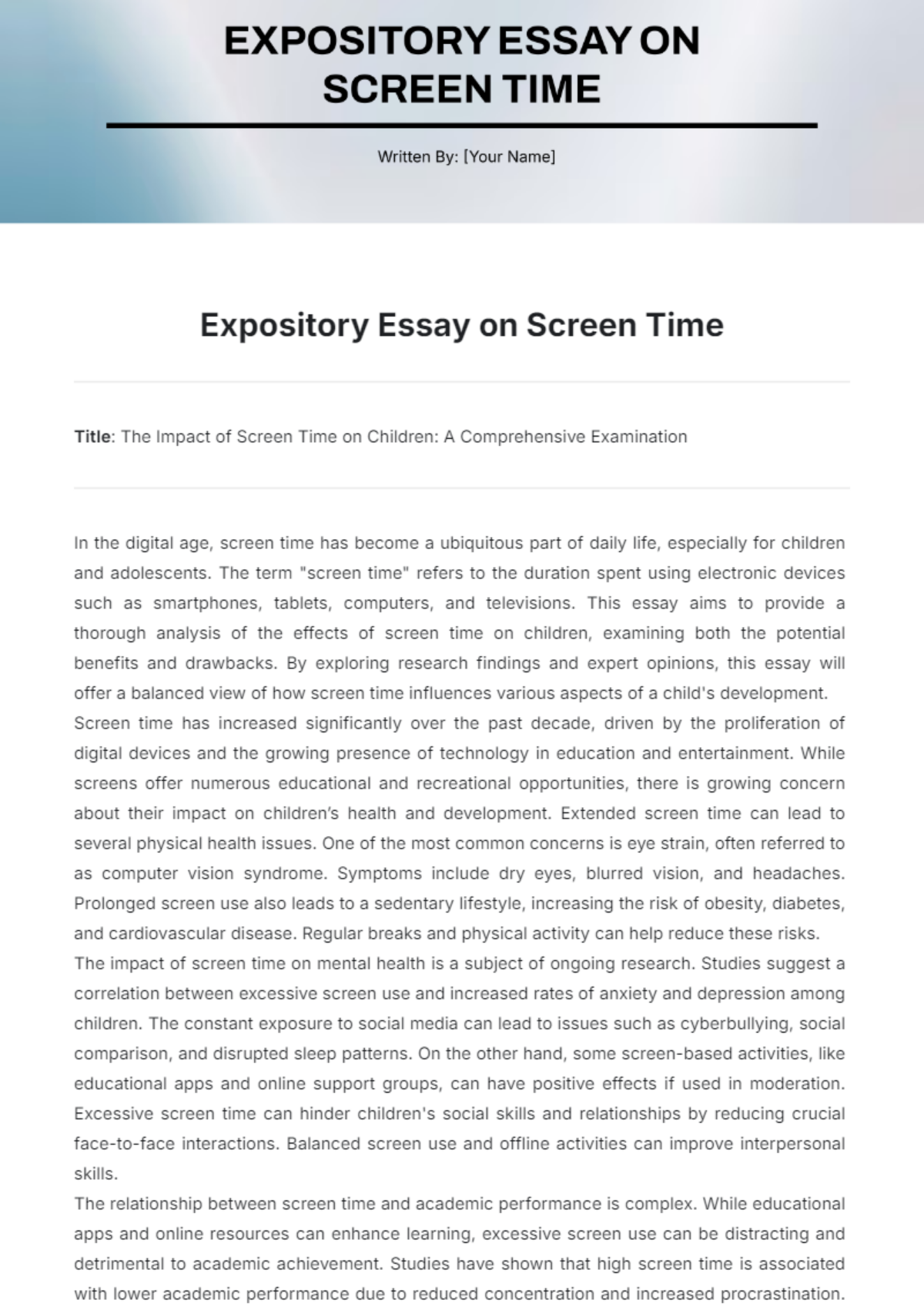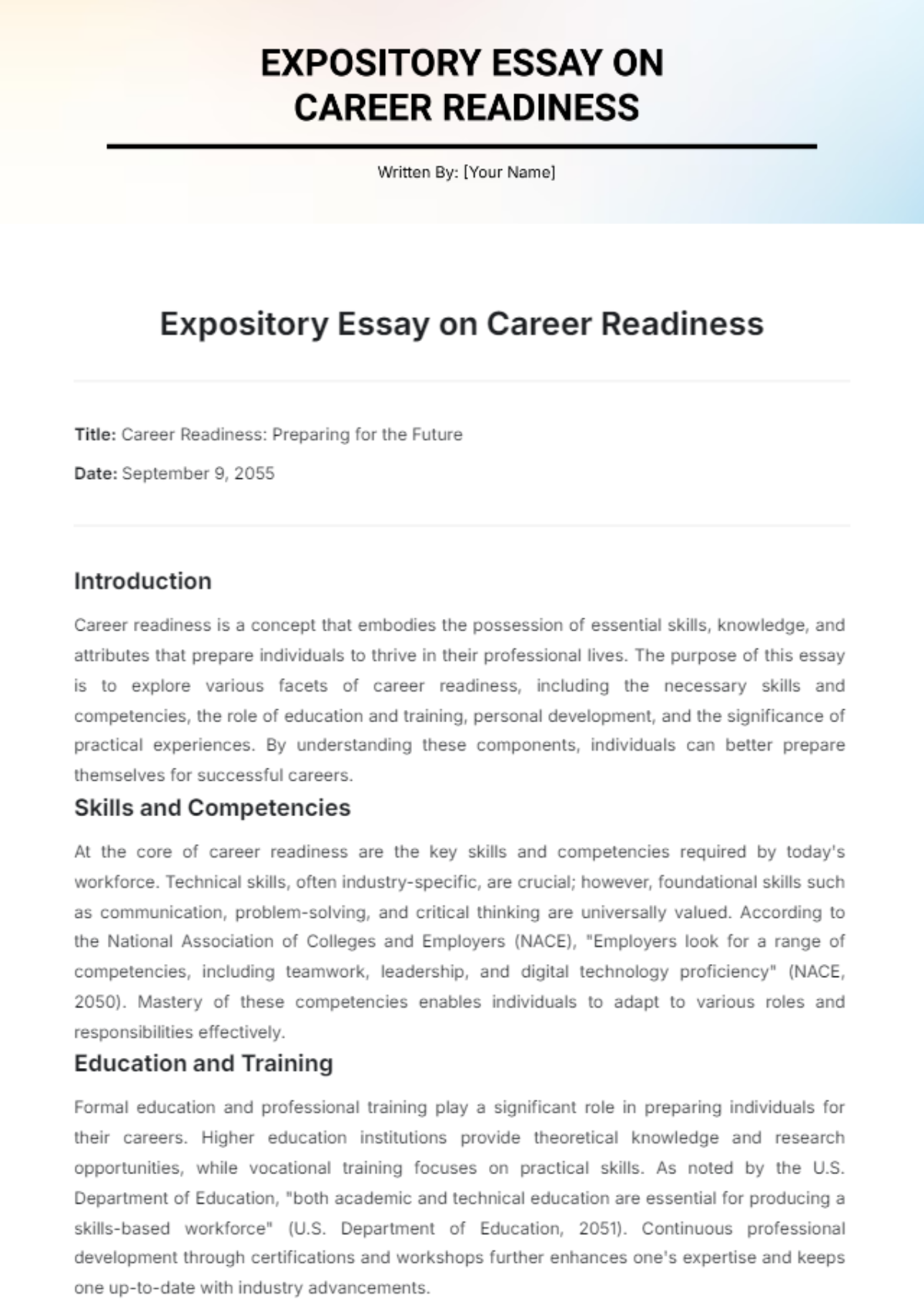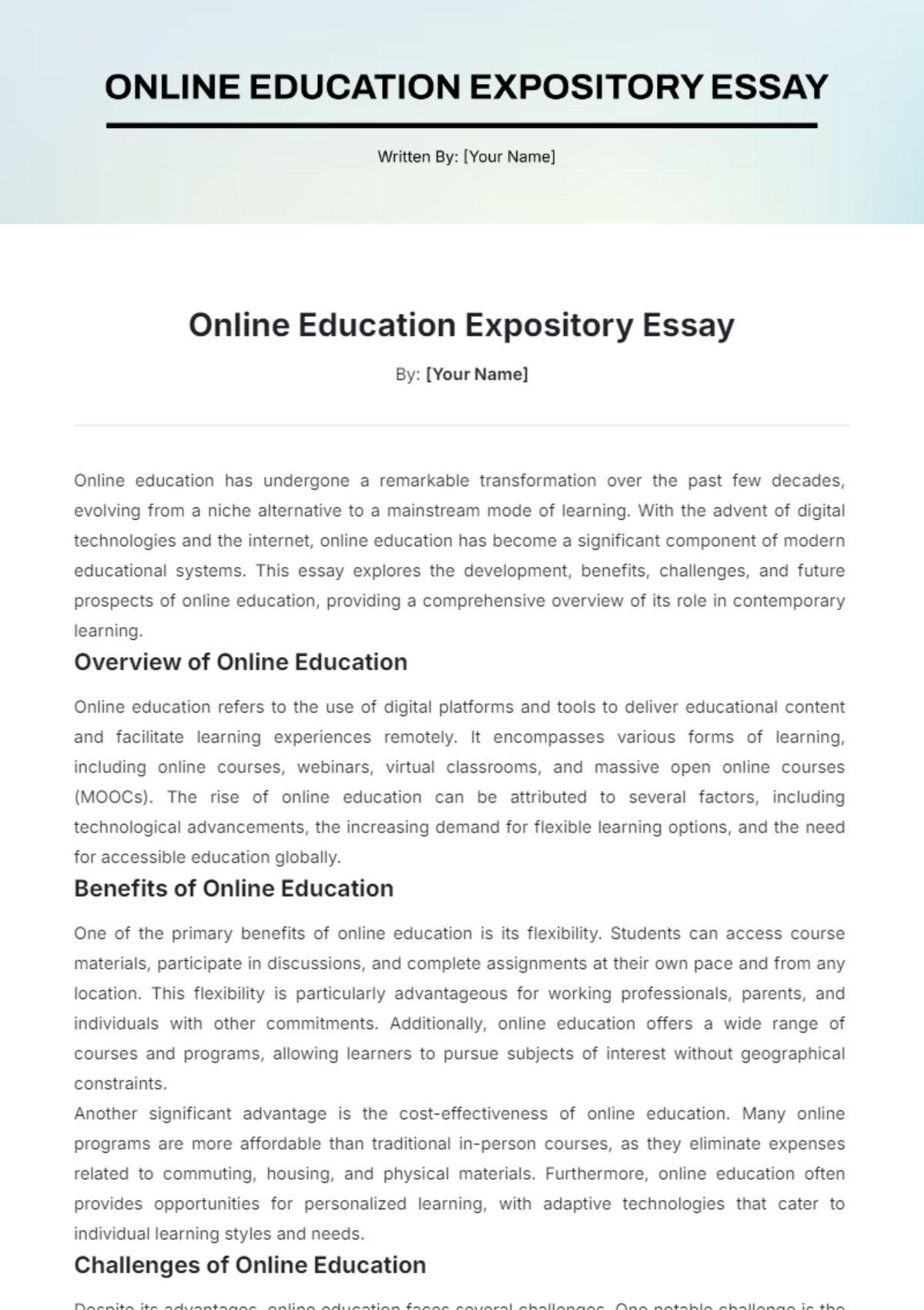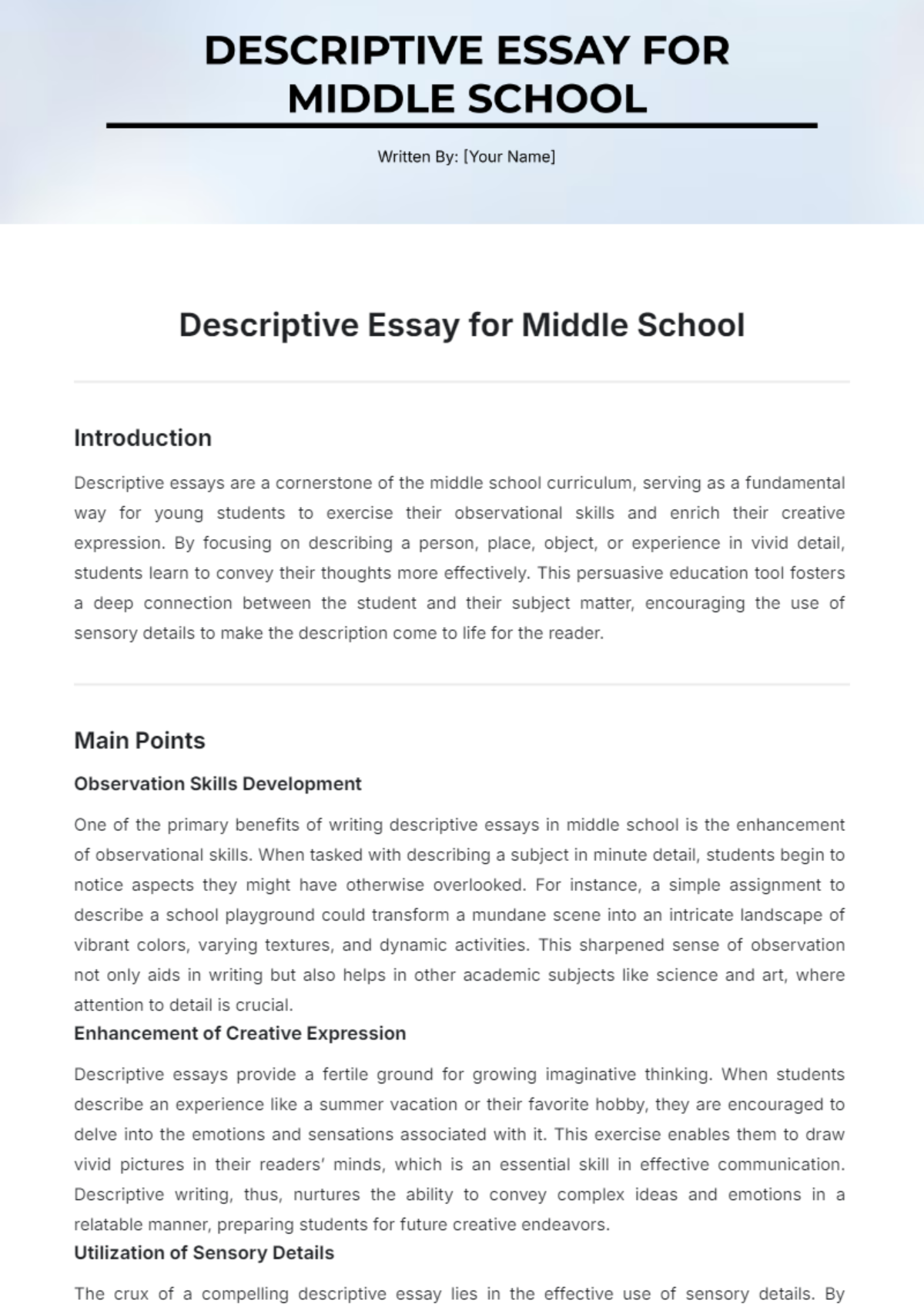Emotional Problem Descriptive Essay
"The Hidden Weight of Unspoken Emotions"
By: [Your Name]
Emotional challenges can often be as heavy as physical burdens, yet they remain hidden beneath the surface, shielded by silence. One such emotional struggle is the persistent anxiety stemming from unspoken words. This essay delves into the profound effects of not expressing one's feelings and how this internal conflict can shape a person’s emotional and psychological well-being.
Description of Emotional Problem
Unspoken words, or the inability to express one's true feelings and thoughts, can create a significant emotional dilemma. This issue often arises from fear of judgment, past trauma, or cultural and personal barriers to communication. For many, these unvoiced sentiments ferment within, leading to internal strife and emotional distress.
The inability to articulate emotions can manifest in various ways. Individuals may experience heightened anxiety, persistent sadness, or a general sense of isolation. The mental weight of these unspoken words often exacerbates feelings of inadequacy and can lead to a cycle of internal turmoil. The more these feelings are suppressed, the more intense they become, affecting overall mental health and daily functioning.
Impact Analysis
The impact of not voicing one’s emotions extends beyond personal discomfort; it significantly influences relationships and quality of life. In personal relationships, the lack of communication can lead to misunderstandings and unresolved conflicts. Partners, friends, or family members might struggle to connect or support the individual, unaware of the underlying issues. This communication gap often results in strained relationships and a sense of emotional detachment.
Professionally, the inability to express emotions can affect job performance and career satisfaction. Individuals may find themselves overwhelmed by stress or unable to voice concerns or needs, which can hinder professional growth and job satisfaction. This internal conflict often manifests as reduced productivity, lack of motivation, or even burnout.
Moreover, the ongoing suppression of emotions can lead to physical symptoms, such as chronic headaches, gastrointestinal issues, or sleep disturbances. The mind and body are intricately connected, and emotional distress often translates into physical ailments.
Case Study: Impact of Unspoken Emotions
Consider an individual who has faced the challenge of unspoken emotions for many years. Raised in an environment where expressing feelings was often discouraged, this person learned to suppress their emotions, believing that doing so was a form of strength.
Over time, this suppression led to increasing anxiety and depression. The individual found it difficult to maintain personal relationships, frequently withdrawing from friends and family when feeling overwhelmed. At work, their reluctance to express dissatisfaction or seek support resulted in heightened stress and diminished job satisfaction. Additionally, the constant effort to keep emotions unspoken led to frequent headaches and persistent fatigue.
Societal Implications
On a broader scale, the issue of unspoken words reflects a societal challenge. Many cultures and communities still hold stigmas against discussing mental health and emotional struggles openly. This societal pressure often reinforces the idea that vulnerability is a weakness, further perpetuating the cycle of silence.
Addressing this issue requires a collective effort to create environments that encourage open communication and emotional expression. Promoting mental health awareness and fostering supportive communities can help individuals feel more comfortable voicing their feelings and seeking help when needed.
Conclusion
The emotional burden of unspoken words is a profound issue that affects individuals on multiple levels, from personal well-being to professional performance and societal engagement. Understanding the impact of this emotional struggle can pave the way for more supportive and communicative environments. Encouraging open dialogue and providing support can help individuals break free from the silence that burdens them, leading to improved emotional health and stronger relationships. By acknowledging and addressing the weight of unspoken words, we can work towards a more empathetic and connected world.
Essay Templates @ Template.net
